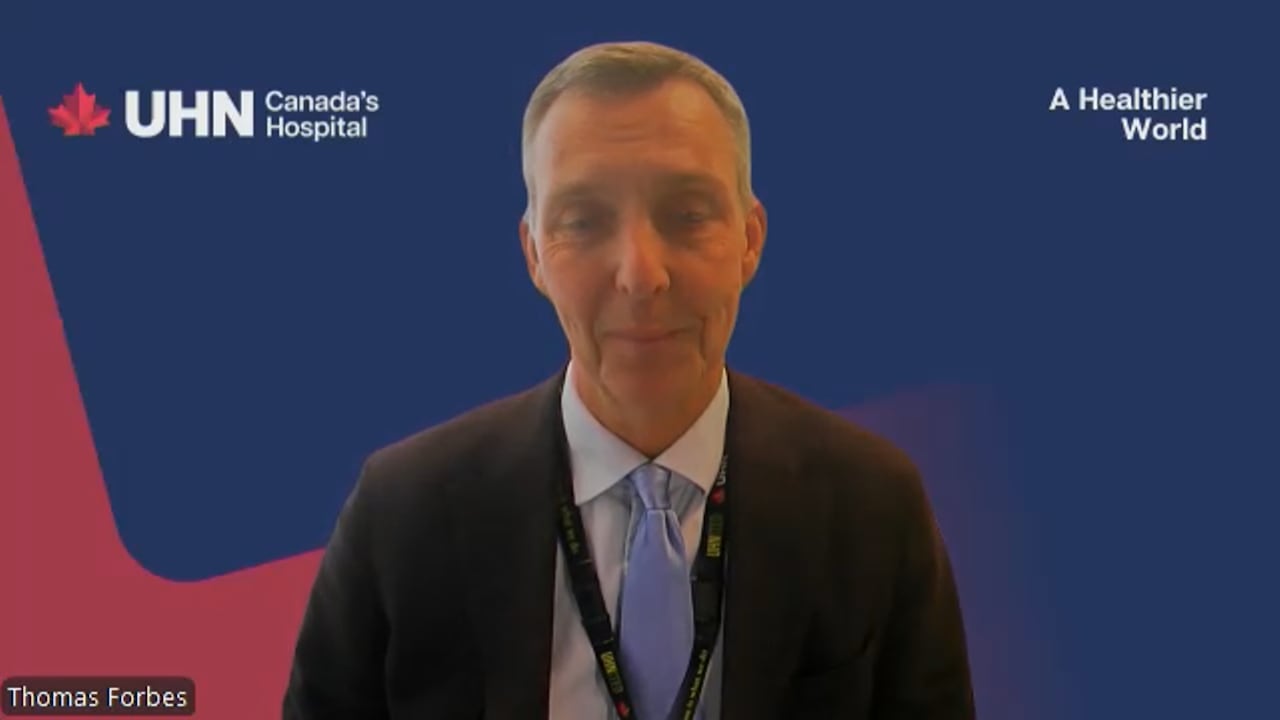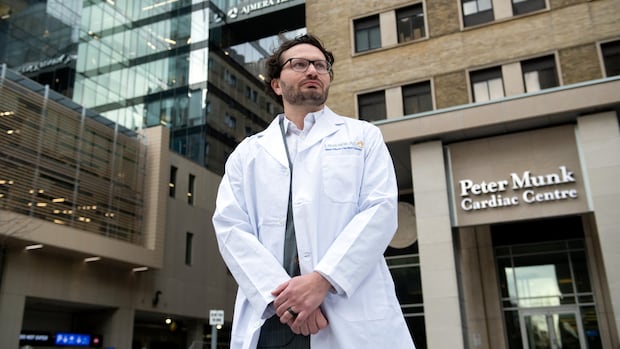Toronto doctors have carried out a groundbreaking transplant with a heart that previously stopped beating, the University Health Network (UHN) says.
In a news release Wednesday, UHN said the operation in early September at Toronto General Hospital was “Canada’s first donation after death by circulatory criteria (DCC) heart transplant.”
Heart donations traditionally come from donors with no brain function, with a heart that continues to beat, said UHN. But in the DCC process, the heart is recovered from a patient who has died, it said.
“Although these hearts experience a brief period without oxygen, advances in medical technology now allow them to be successfully transplanted under carefully defined criteria,” the hospital said in the release.
The UHN said donors for the DCC process are patients with “no chance of neurological recovery,” who also haven’t been declared brain dead either by a neurologist. As per the patient’s wishes or their family’s, life support is stopped and the heart is removed once death is confirmed, said the hospital.
With Toronto’s DCC heart transplant recipient “recovering very well,” Dr. Seyed Alireza Rabi, a cardiac surgeon from the transplantation team, says this process now opens the door for patients waiting for a life-saving transplant.
“Many advanced heart failure patients never make it to the waitlist, and a significant number of those who do succumb to their disease while awaiting precious organs,” he said, adding heart transplants are the only cure for “advanced heart failure.”
Data from the Canadian Institute for Health Information indicates there were 155 adults and 29 children in Canada waiting for heart transplants at the end of 2024.
UHN said in its release that the DCC procedure will increase the heart donor pool by 30 per cent.
Rabi said the procedure is not a new technique, with procedures taking place in Australia since 2014, United Kingdom since 2015 and the United States since 2019. The large body of researched amassed through those procedures helped the team in Toronto to prepare for the operation, he said.
The process, he explained, has two highly critical moments: the “warm” period right after the donor has died and the non-beating heart is removed, and the “cold” period when the heart is preserved in cold solution and transported to the recipient.
It’s critical for hospitals and doctors to reduce possible damage to the heart and the amount of time between donor and patient, said Rabi.
Rabi said doctors in Canada have been performing DCC operations for lung, kidney and liver transplants, but that this is the first time in this country that it was done with a heart.

Dr. Thomas Forbes, surgeon in chief at UHN, says this is a “major advance in transplant surgery” that opens up the availability of hearts for “Canadians with late stage heart failure.”
He said end stage heart failure is a “debilitating” and a “fatal disease,” with patients limited to heart transplants and donor heart availability to increase life expectancy.
“I think it gives patients a hope of a life — a productive life, a quality of life — where they can do things with their families and their loved ones,” he said.
In the hospital release, Sylvia Jones, Ontario’s minister of health, congratulated the UHN team for the “historic milestone in Canadian health care.”
“The first DCC transplant in Canada performed right here in Ontario demonstrates how innovation and collaboration can save more lives,” she said.







